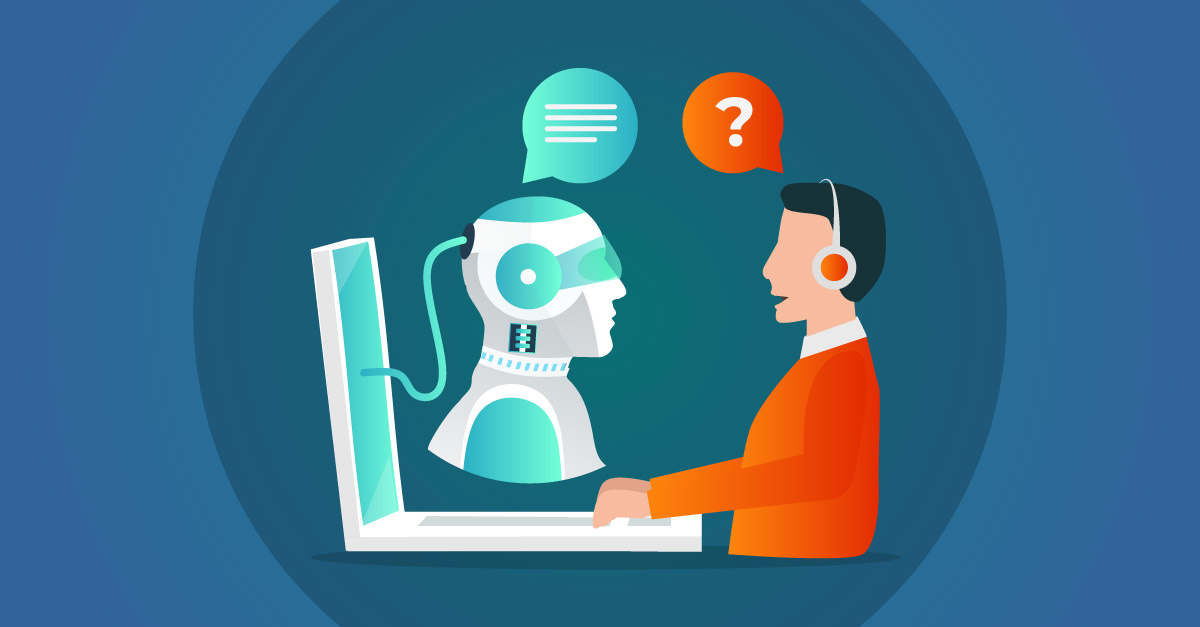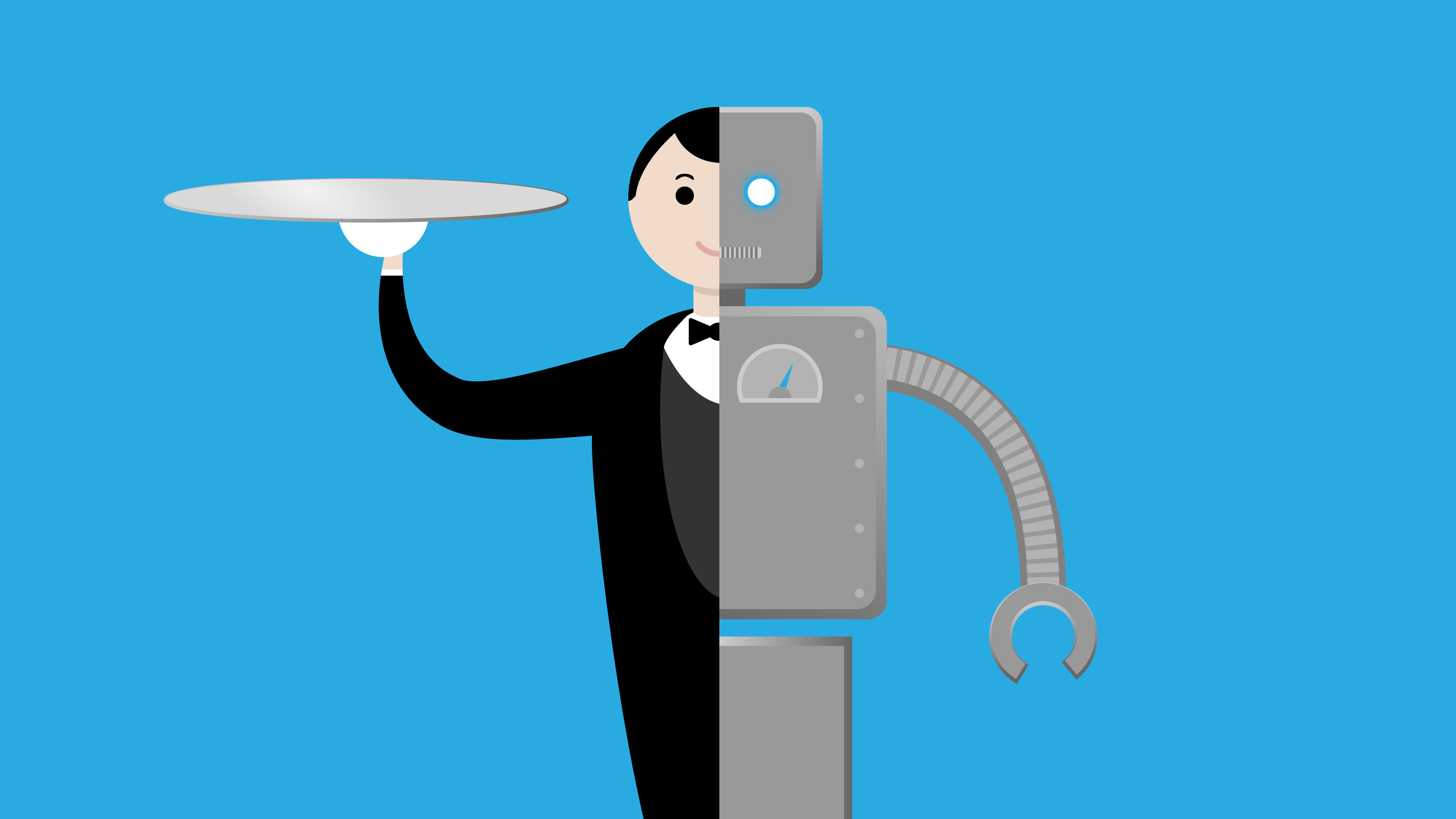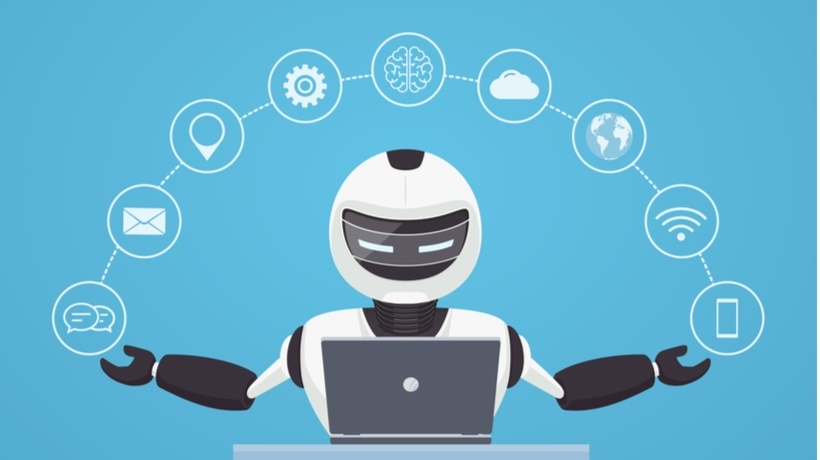AI and the Impact on Business
Discover how AI is transforming the business landscape by automating tasks, shaping business strategies, and affecting job displacement in different industries.
Author
EZ-AIAI and the Impact on Business
Introduction
Artificial intelligence (AI) is rapidly changing the world, and the business landscape is no exception. AI is already being used to automate tasks, make decisions, and even create new products and services. This is having a major impact on the way businesses operate, both positive and negative.
How does artificial intelligence influence workforce automation?
AI is automating tasks that were previously done by humans. This is particularly true in industries that are heavily reliant on routine and repetitive tasks, such as manufacturing and customer service. For example, AI-powered robots are now being used to perform tasks such as welding, painting, and assembly in factories. AI is also being used to automate customer service tasks, such as answering questions and resolving issues.
The automation of tasks is having a significant impact on the workforce. Some jobs are being eliminated entirely, while others are being changed in fundamental ways. This is leading to job losses in some industries, but it is also creating new jobs in others.
For example, the rise of AI is leading to the creation of new jobs in areas such as data science, machine learning, and artificial intelligence. These jobs require high-level skills and pay well.
What role does AI play in business strategy development?
AI is playing an increasingly important role in business strategy development. AI can be used to gain insights into customer behavior, identify new market opportunities, and develop new products and services.
For example, AI can be used to analyze customer data to identify trends and patterns. This information can then be used to develop new products and services that meet the needs of customers. AI can also be used to automate tasks that were previously done by humans. This can free up employees to focus on more creative and strategic tasks.
How is AI affecting job displacement in various industries?
AI is affecting job displacement in various industries. Some industries are more likely to be affected than others. For example, industries that are heavily reliant on routine and repetitive tasks are more likely to be affected by AI. Industries that are more creative and require human judgment are less likely to be affected by AI.
The industries that are most likely to be affected by AI include:
Manufacturing
Transportation
Logistics
Retail
Healthcare
Education
These industries are all heavily reliant on routine and repetitive tasks that can be automated by AI.
How are AI-driven business operations reshaping the business landscape?
AI-driven business operations are reshaping the business landscape in a number of ways. AI is leading to the development of new products and services, the automation of tasks, and the improvement of decision-making. This is leading to increased efficiency, productivity, and profitability.
AI is also leading to the development of new business models. For example, AI is being used to develop new ways to deliver products and services, such as on-demand delivery and subscription services. AI is also being used to develop new ways to interact with customers, such as through chatbots and virtual assistants.
The impact of AI on the business landscape is still unfolding. However, it is clear that AI is having a major impact on the way businesses operate. AI is leading to the development of new products and services, the automation of tasks, and the improvement of decision-making. This leads to increased efficiency, productivity, and profitability.
Conclusion
AI is rapidly changing the world, and the workplace is no exception. AI is already being used to automate tasks, make decisions, and even create new products and services. This is having a major impact on the workforce, both positive and negative.
The future of work is uncertain, but it is clear that AI will play a major role. AI is likely to continue to automate tasks, create new jobs, and reshape the business landscape. It is important for businesses to be prepared for the changes that AI will bring.
Here are some tips for businesses that are preparing for the impact of AI:
Invest in training and development for employees. Employees need to be prepared for the changes that AI will bring. They need to be trained on new skills and how to work with AI-powered tools.
Develop a business strategy that takes AI into account. Businesses need to develop a business strategy that takes AI into account. This strategy should include plans for how to use AI to automate tasks, create new products and services, and improve decision-making.
FAQs
How is AI influencing workforce automation and job displacement?
AI is automating tasks that were previously done by humans, particularly in industries reliant on routine and repetitive tasks, such as manufacturing and customer service. This leads to job losses in some industries, but also creates new jobs in areas like data science, machine learning, and artificial intelligence. Industries most likely to be affected by AI include manufacturing, customer service, transportation, logistics, retail, healthcare, and education.
What role does AI play in business strategy development?
AI plays an increasingly important role in business strategy development by providing insights into customer behavior, identifying new market opportunities, and helping develop new products and services. AI can analyze customer data to identify trends and patterns, which can be used to create products and services that meet customer needs. Additionally, AI can automate tasks, freeing up employees to focus on more creative and strategic tasks.
How are AI-driven business operations reshaping the business landscape?
AI-driven business operations are reshaping the business landscape by leading to the development of new products and services, automating tasks, and improving decision-making, resulting in increased efficiency, productivity, and profitability. AI is also driving the development of new business models, such as on-demand delivery and subscription services, as well as new ways to interact with customers through chatbots and virtual assistants.



